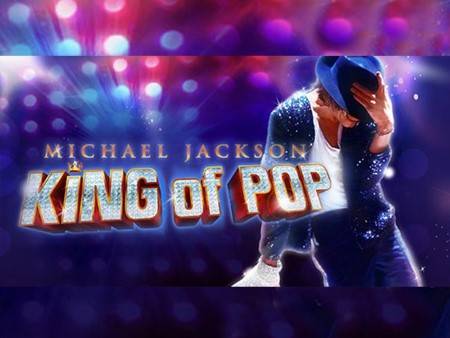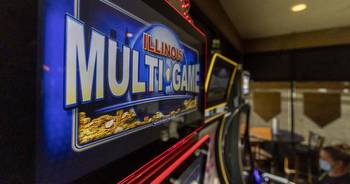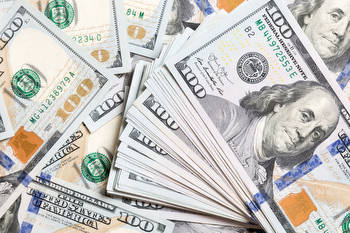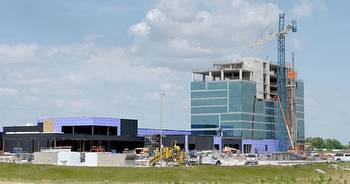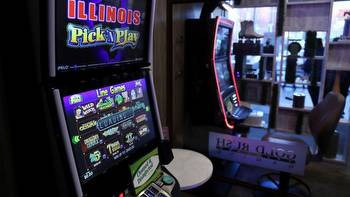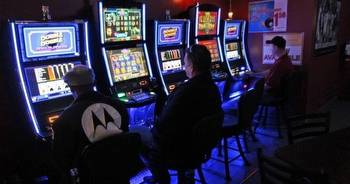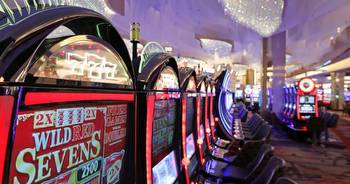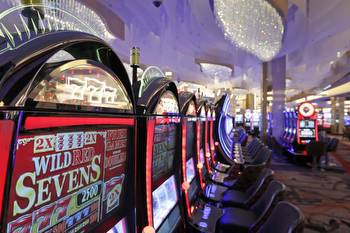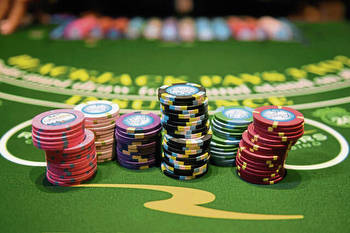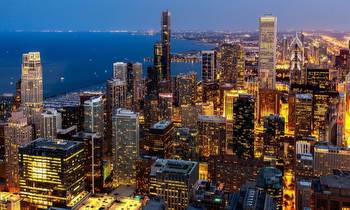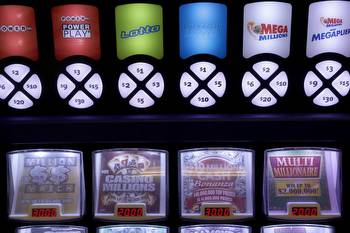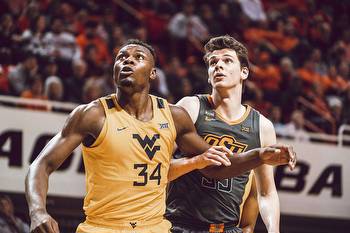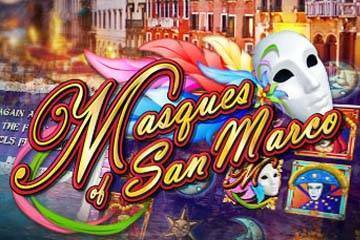Gambling taxes generated record $1.99 billion for Illinois last year, but can it last?

The expanding array of wagering opportunities in Illinois created the state's largest windfall to date from gambling-related taxes during the last fiscal year.
The Illinois legislature's Commission on Government Forecasting and Accountability's recently released annual "Wagering in Illinois" report shows the state's gambling taxes from lottery sales, casinos, horse racing, sports betting and video gambling climbed to $1.99 billion in the fiscal year that ended June 30, a 5.1% increase from the previous fiscal year.
But some industry experts are concerned the proliferation of gambling options statewide may not be sustainable long-term, ultimately resulting in a revenue decline.
"I'd question any of these companies investing more money into casinos there," said Alan Woinski, president of Gaming USA Corp., a Florida-based gambling industry consulting and market research firm. "All the state has done is create more competition for them and strangle them with taxes and regulations."
Casino fortunes
The state's 13 casinos generated $157 million in taxes for the state last fiscal year, far from the nearly $700 million annually they were generating in the early 2000s when the only competition for gamblers' dollars were the lottery and horse racing.
Rivers Casino in Des Plaines and several downstate casinos saw increased revenues from the previous year, but casinos in Elgin and Aurora saw fortunes decline, according to the report.
New casinos in Waukegan, Rockford and Danville also came online in the past year, luring gamblers away from older venues. With a new Chicago casino opening up soon and a temporary one already operating downtown, industry insiders suspect suburban casinos will see revenues decline further.
"Rivers is starting to show its age, and with the new casino in Waukegan and the one opening in Chicago, I think Rivers is going to be impacted," said Kevin McGourty, a semiretired gambling industry consultant. "I think the plan to move Aurora's casino along the interstate is definitely good for them because accessibility is going to be so much better."
Lottery's jackpot
Lottery sales in Illinois accounted for the largest portion of the state's gambling revenue once again, accounting for $872 million last fiscal year.
Lottery players spent more than $3.6 billion on tickets in Illinois last year, according to the report. The majority of that was spent on instant games -- or "scratchers" -- but multistate lottery games like Mega Millions and Powerball accounted for nearly $220 million each last year. Mega Millions sales were up more than 100% from the previous year, while Powerball ticket sales increased 33% from fiscal year 2022.
Multiple massive jackpots in excess of $1 billion spurred the increase in ticket sales, analysts said. That included a $1.3 billion jackpot won by someone who bought a ticket at a Des Plaines gas station in July 2022.
Lottery tax revenues outpaced the state's budget expectations by more than $110 million, state financials show.
Video gambling push
Meanwhile, video gambling tax revenue did not reach budget expectations, coming in at $814 million. While that's up 6.8% from fiscal year 2022, it was $16 million less than anticipated.
A Daily Herald analysis of suburban video gambling trends last month showed gambling terminals in many towns were generating less revenue per machine than they had in the past.
McGourty blamed market saturation for the decline. He said if the machines aren't making as much money, business owners are less apt to continue operating them.
Chicago remains the largest market in the state where video gambling is still outlawed. McGourty believes that's not likely to change anytime soon.
"I don't think Bally's is going to roll over and let that happen because of the investment they're making with the Chicago casino," he said.
But state Rep. Dan Didech, a Buffalo Grove Democrat who chairs the House Gaming Committee, said the idea is "something that should be on the table," particularly because of the city's need for cash to help with the cost of the growing migrant population.
"Bally's casino is not going to come close to satisfying the demand for gambling in Chicago," Didech said. "There is no restriction under current law in relation to locating video gambling terminals near casinos, but I'm open to having a conversation about it in terms of Bally's if they want to put some type of a halo around the casino."
Betting on sports
Sportsbooks in Illinois generated $143 million in sales tax revenue for the state during the last fiscal year.
While that looks stagnant from the previous year's haul, state officials note nearly $50 million of the tax revenue generated in fiscal year 2022 was from licensing and administrative fees. The state tax rate on revenue generated by sports bets is 15%.
Nearly 305 million bets were placed on various sporting events during fiscal year 2023, records show. The state's nine sportsbooks handled $10.4 billion in bets but cleared just $948 million. That's barely 9% of all money wagered on sports.
"It's a great source of revenue for the state; it's just not a great environment to be an operator," Woinski said. "It just seems ridiculous to have so much hype on a segment of the industry that generates so little."
Parlay bets, where a gambler combines two or more wagers to win, was the most lucrative for sportsbooks, generating $540.3 million of the total haul from sports betting last year. More than 60% of all sports bets made by gamblers were parlays. Basketball bets made up 11.3% of sports bets, followed by football at 9% and baseball at 5.8%.
Almost 99% of all sports bets were made online, according to the state report. That's despite several casinos spending millions to build special sports betting venues. Sportsbooks at Wrigley Field and the United Center are expected to be operational soon as well, further saturating the market, experts warned.
Horsing around
The state's two horse-racing venues also added sportsbooks to help offset continued revenue losses. Still, the state generated $6 million from betting on the ponies in fiscal year 2023. That's down from $7 million the prior year.
It was the first full year without revenue from Arlington Park, which was demolished to potentially make way for a redevelopment featuring a new Chicago Bears stadium.
Horse-racing tax revenue includes money generated at 16 off-track betting locations statewide.
"The revenue from the racinos and sportsbooks at Illinois' racetracks could possibly help the racetracks in the short term, but the long-term viability of horse racing remains in question given the overall downward trend in horse racing and the increasing abundance of competing gaming options," the report reads.







